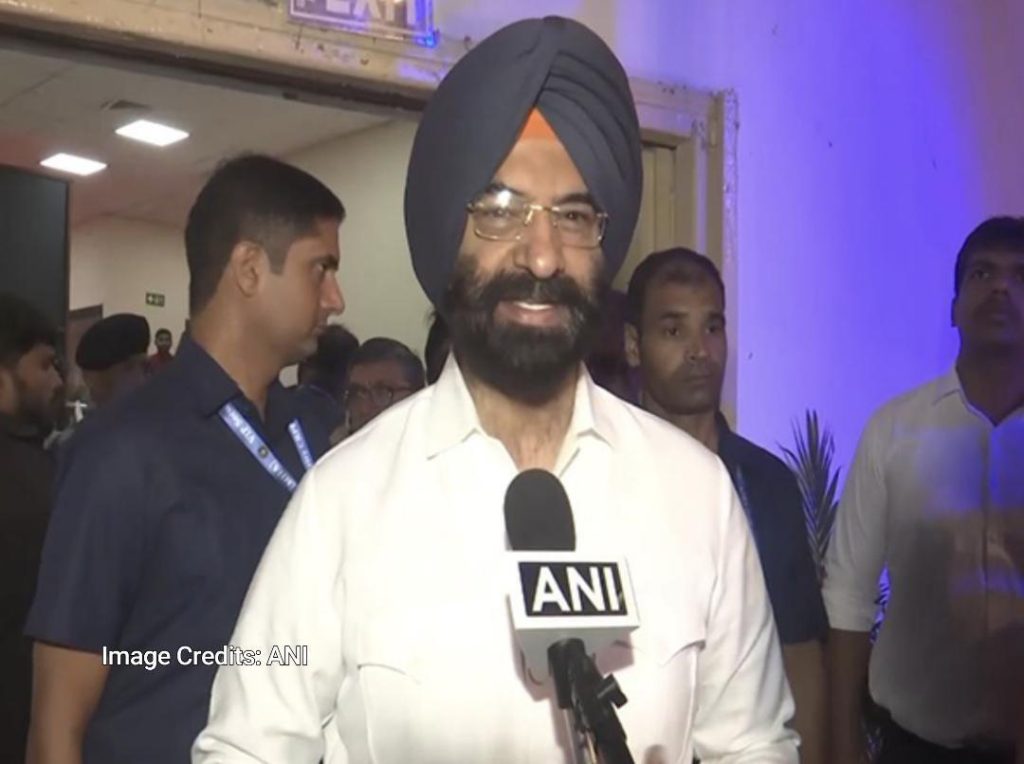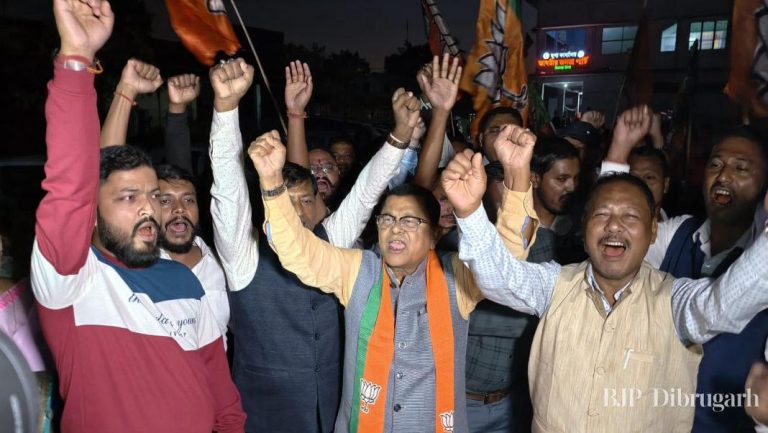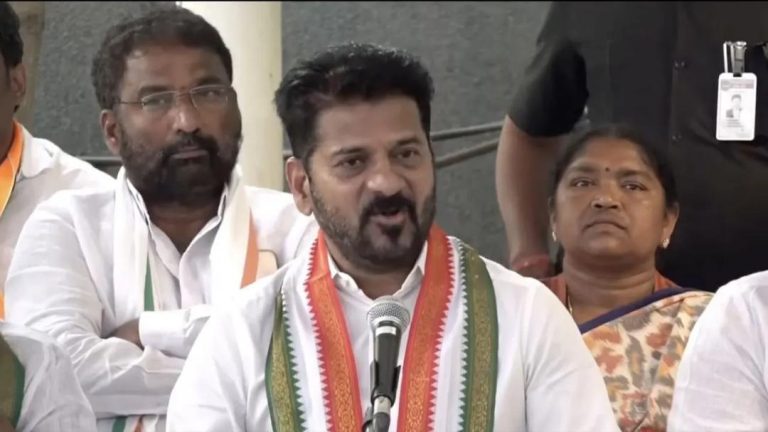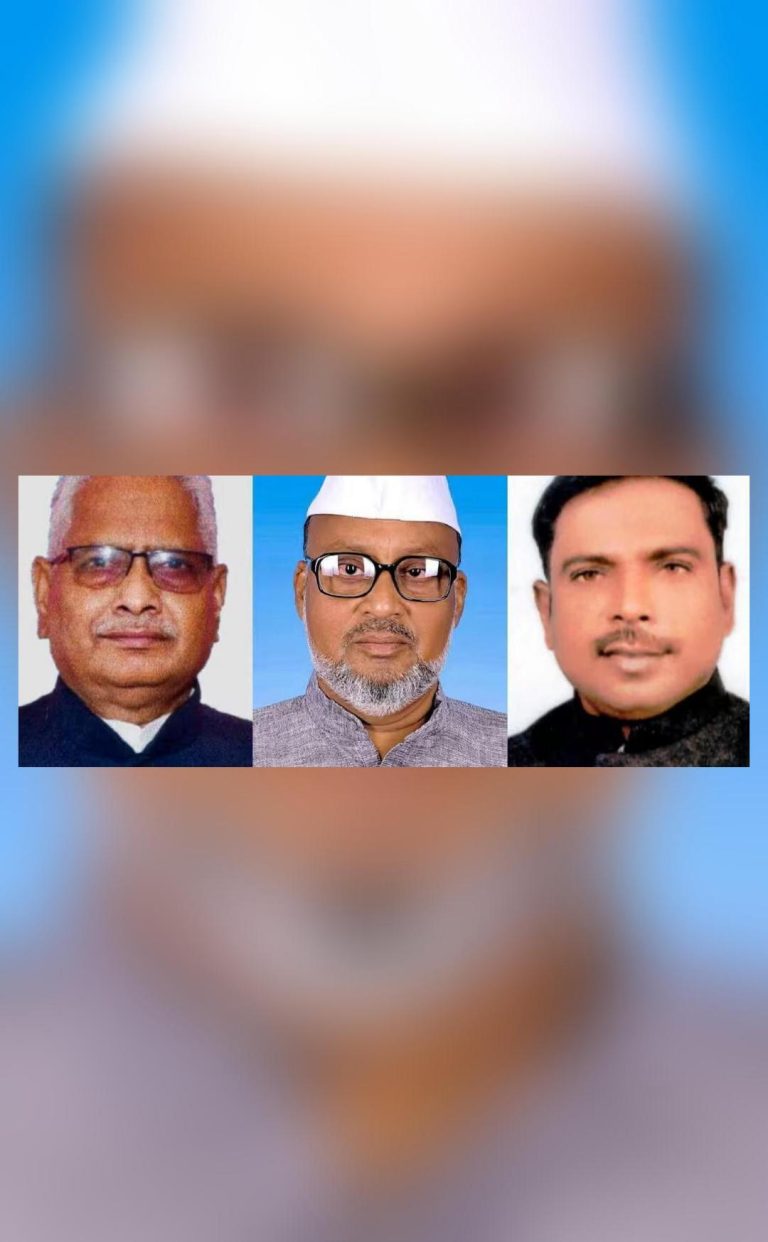
When AAP Ruled, Their Only Task Was to Cry & Complain: BJP’s Sirsa
The political landscape of India has been witnessing a plethora of debates and discussions lately, with various leaders and parties taking potshots at each other. The latest salvo has come from BJP leader Manjinder Singh Sirsa, who has accused the AAP-led Delhi government of crying and complaining both in power and opposition.
Sirsa’s remark came as a response to Delhi Chief Minister Rekha Gupta completing 100 days in office. According to Sirsa, the AAP government’s track record during its previous tenure was marked by an abundance of tears and excuses, rather than actual governance. He stated that for the first time in 27 years, the people of Delhi have a government that delivers results, not excuses.
“It’s been 27 years since the Delhi government has been working diligently for the people, and we’ve never seen a government that delivers results like the current one,” Sirsa said. “When AAP was in power, their only task was to cry and complain. Even now, in opposition, they are doing the same thing.”
Sirsa’s comments have sparked a heated debate, with many questioning the AAP government’s performance in power. While some have accused the BJP leader of being biased and trying to tarnish the AAP’s image, others have praised Sirsa for speaking the truth.
The reality is that the AAP government has faced numerous challenges during its previous tenure, including issues with power supply, water scarcity, and potholed roads. Despite these challenges, the government has managed to deliver some notable achievements, including the implementation of the Odd-Even scheme, which aimed to reduce air pollution in the city.
However, the AAP government’s performance has also been marred by controversies, including allegations of corruption and mismanagement. The party’s leadership has been accused of nepotism and cronyism, with many of its key decisions being criticized as being driven by personal interests rather than the greater good.
The BJP, on the other hand, has been accused of being out of touch with the common man, and of using its power to suppress dissenting voices. The party’s leadership has been criticized for its handling of various issues, including the ongoing farm crisis and the Covid-19 pandemic.
Despite these criticisms, the AAP government has managed to maintain a strong support base among Delhi’s residents. Many have praised the government’s efforts to address issues such as corruption and inequality, and to increase transparency and accountability in governance.
The truth is that governance is a complex and multifaceted issue, and it is not possible to paint a party or government with a single brush. Both the AAP and the BJP have their strengths and weaknesses, and it is essential to evaluate their performance based on facts and evidence rather than rhetoric and bias.
In conclusion, Sirsa’s remarks may have been seen as an attack on the AAP government, but they also highlight the importance of accountability and transparency in governance. As the political landscape of India continues to evolve, it is essential for leaders and parties to work towards delivering results, rather than just crying and complaining.






